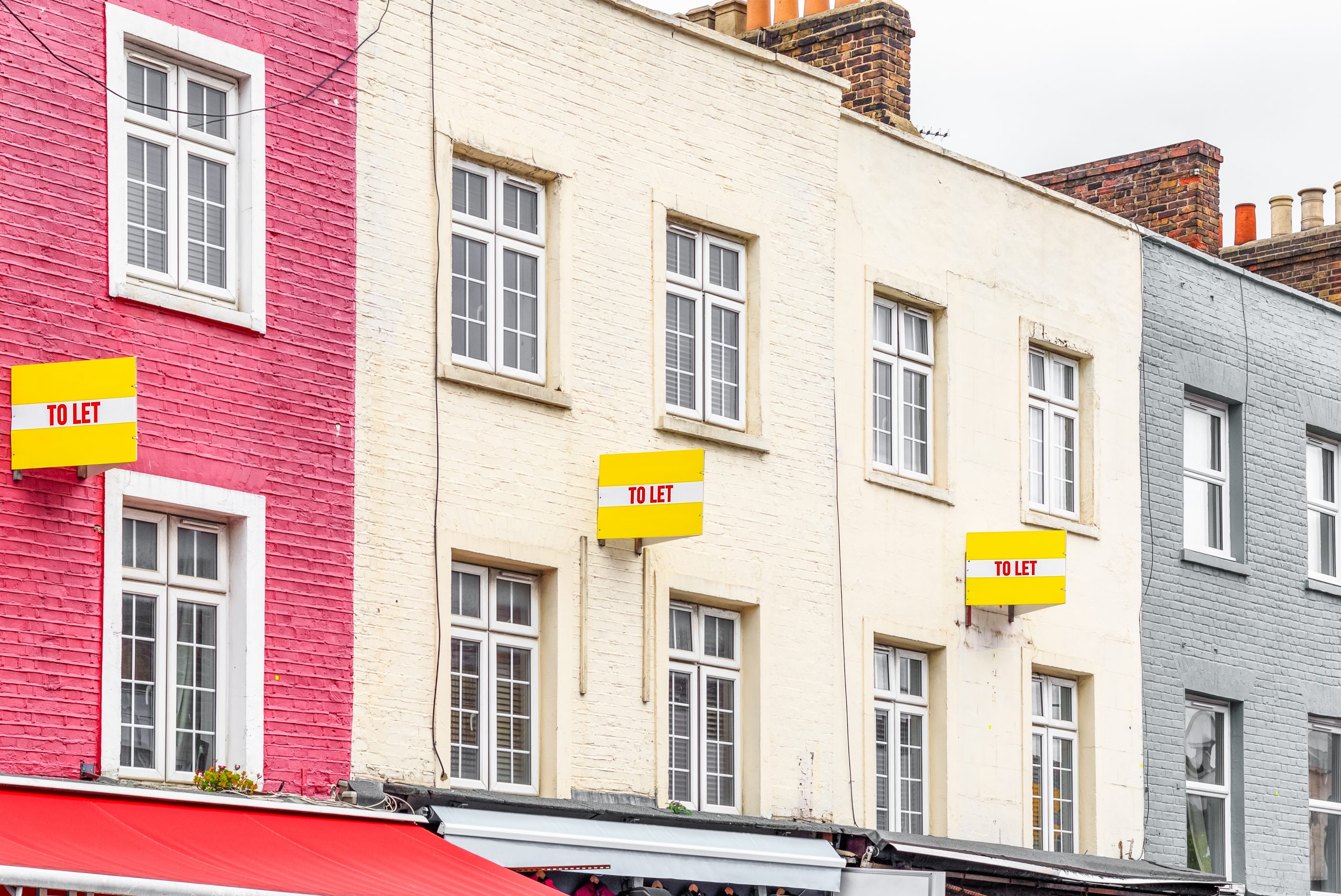
According to Zoopla, COVID-19 is causing a ‘once in a lifetime’ change in the rental market, with a growing disparity between inner city and outer city residential rental rates. Tenets are reassessing their priorities and needs as work becomes remote and more tenants want outdoor space, nearby parking and a work-from-home office.
Zoopla emphasises that the changing patterns in working and commuting, leisure and tourism have eased rental demand in city centres across the UK. This builds on a fall in rents that began before the pandemic and is only driving prices further down. While a reduction in rental prices in cities should be good news for affordable accommodation, the demand to live in more rural areas is seeking a lack of need for these empty spaces.
In fact, Zoopla has identified a ‘halo effect‘ emerging on the broader commuter zones of the UK’s largest cities. Rents are rising due to an increased demand for properties in this area where there is more space, both indoors and outdoors, suiting the desire to emerge from three lockdowns.
So what does this mean for property investors?
Investors looking into the BTR sector need to acknowledge where the demand is. While properties in cities with high rents – and therefore, high revenue – may have been the trend in the past years, this is clearly changing. Investors need to follow the tenants, and with more people desiring a more rural, relaxing lifestyle, they should consider the benefits of looking at a property outside of the city.
Statistics evidence this change in demand: rents in central Birmingham fell 3.4% in the year to December, while the surrounding boroughs of Bromsgrove, Sandwell and Wolverhampton rose an average of 5%. Rents in well-connected towns, such as Rochdale, Hasting and Newport, have also shown strong growth with rises from 5 to 9%.
Across the UK (excluding London) rents are at an annual growth rate of 2.3%, matching pre-COVID levels and demand is up 21% year on year. BTR is in demand; many experts link this to the UK becoming less homeowner focused, as mortgages are becoming less accessible and affordable for first-time buyers, especially due to the pandemic.
But what about London?
Zoopla explains that London’s position as a global city means rent trends are amplified. Demand in London is down 10% year on year with reduced international travel, working from home and the ceasing of tourism impacting the need for city-based accommodation.
However, while rents are falling by at least 6% in most inner London boroughs, several outer London boroughs show growth, with Havering up 2.6%. This matches the UK trend, with less inner-city demand and more moves to outer city accommodation.
Zoopla says the rental market outlook depends on how quickly the vaccine reduces the impact of COVID-19. Once the UK starts to ease restrictions, businesses can reopen in cities and bring more workers into city-located offices. However, it is predicted that flexible working is likely to continue with a permanent shift in renters’ priorities. For property investors, this indicates that the demand in outer city and rural rentals will continue. Therefore, building a portfolio with these types of properties may be the best moving forward.

